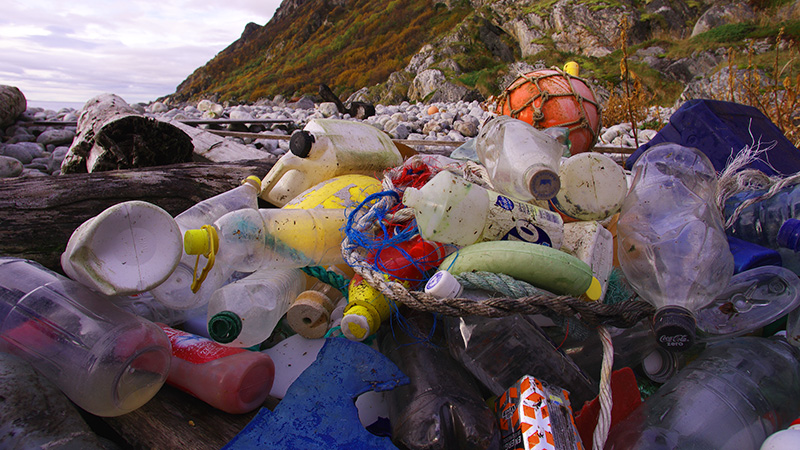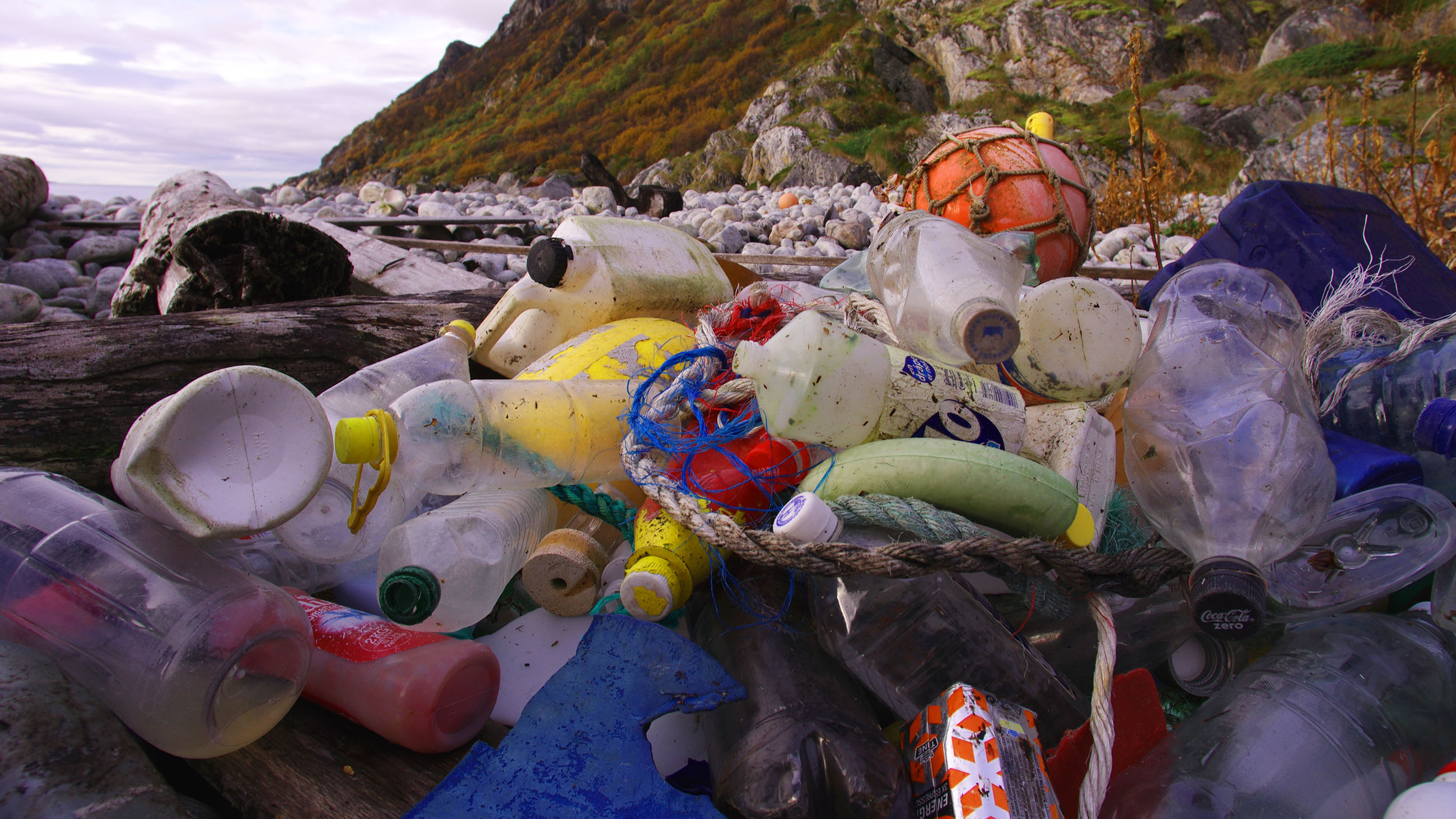Abstracts: Plastic-Eating Bacteria, Rogue Biologists, and More
A roundup of science news from around the Web — and around the world.
• Researchers have discovered a bacterium that can allegedly eat PET, one of the most common forms of plastic — but don’t stop recycling just yet. (Fortune)
• Charlotte, North Carolina, plans to test a new algorithm straight out of a sci-fi movie: It allegedly predicts when police officers will “go bad,” forecasting everything from traffic stops to shootings by tapping into officers’ professional histories. (FiveThirtyEight)

Scientists have discovered a bacterium that, they suggest, can eat PET — a common breed of plastic. Visual: Flickr
• Extraordinary levels of rainfall are flooding the American south, bringing destruction to states like Louisiana. (New York Times)
• A new study says previous sea-level-rise estimates haven’t adequately accounted for population changes, and that half the 13 million people at risk of inundation in the United States are in Florida. (Miami Herald)
• February saw the planet’s greatest global temperature spike on record — a rise of 1.35 degrees Celsius and a full 0.21 degrees Celsius higher than the previous record set only the month before. (Washington Post)
• Last week, the USDA issued preliminary findings that genetically modified mosquitoes would have no significant negative impacts — bringing Florida one step closer to a field test of insects that could prevent the spread of the Zika virus. (STAT)
• Wisconsin is experiencing a cluster of deadly bloodstream infections, and with 15 dead and 33 others sick, investigators are scrambling to figure out how they were infected. (STAT)
• The first US uterine transplant has failed, with the recipient developing a serious complication (which she survived) two weeks after the surgery. (Buzzfeed)
• And finally, a small group of biologists are defying the conventions of their field and “going rogue” by publishing their results online before submitting them for publication. (New York Times)










